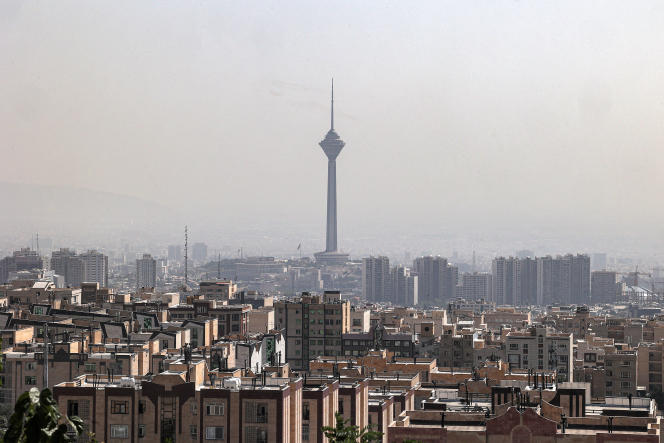“The staggeringly high prices on the housing rental market”, “the dizzying rise in rents”, “a real estate market in chaos” : in recent weeks, soaring rents have made headlines in the Iranian press and news sites.
In May, Mahmoud (the Iranians quoted in this article wished to remain anonymous), a resident of Tehran, received a call from his landlord, telling him that his rent would suddenly be doubled to about 300 euros a month. “With my wife, we said to ourselves that it was no longer possible, knowing that we only earn a little more than 330 euros per month”, explains this 40-year-old accountant in Tehran. Mahmoud and his wife, an artisanal cheese producer, have therefore decided to empty their apartment and return to live with her parents. “It’s really not easy with a 2-year-old child, but we had no choice”, he argues.
According to the Iranian Center for Statistics, in autumn 2022, rents increased by 46% compared to the same period of 2021. A trend that has since intensified. In March, according to data from the authorities, inflation at the annual rate reached 49.7% (compared to 40.1% a year earlier) and unemployment 9.7%, figures which are underestimated according to many economists.
According to Bijan Khajehpour, managing partner at Eurasian Nexus Partners, a Vienna-based international strategy consulting firm, “Iran has not yet entered into hyperinflation, that is, the situation where inflation is above 50% for a few consecutive years”. But according to this expert, the fact that official inflation has been above 40% for the past five years constitutes a “new phenomenon. And if this is not solved, in the next two, three years, we will enter hyperinflation”. A scourge that will be very difficult to defeat.
The Iranian currency, the rial, continues to lose value against foreign currencies. Today, one euro can be bought on the black market for 574,000 rials, ie almost five times more expensive than five years ago. Food prices are also skyrocketing by more than 40%, forcing Iranian families to change their habits.
Endemic corruption
The Iranians, contacted by The worldin Tehran, but also in other cities of the country, members of the middle class, explain having been forced to remove meat and fruit from their daily purchases. “First, I started by going without red meat, replacing it with turkey, which was cheapersays Soureh, a bookseller in Tehran and a widow, living with her 17-year-old daughters. Then I settled for chicken, which was even cheaper. Today, I only prepare vegetarian meals. Fruit is no longer part of my purchases and I think twice before buying a dairy product. This while I have always had the means to lead a comfortable life. »
You have 39.04% of this article left to read. The following is for subscribers only.
